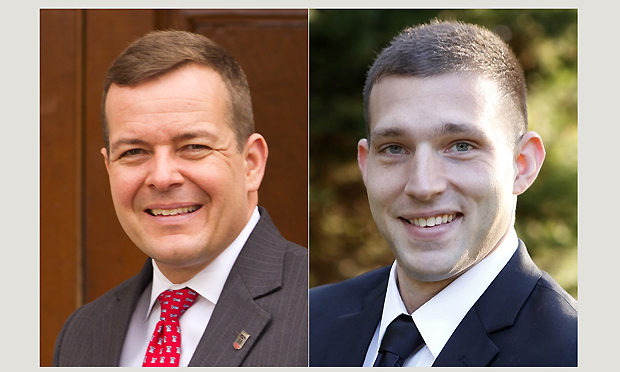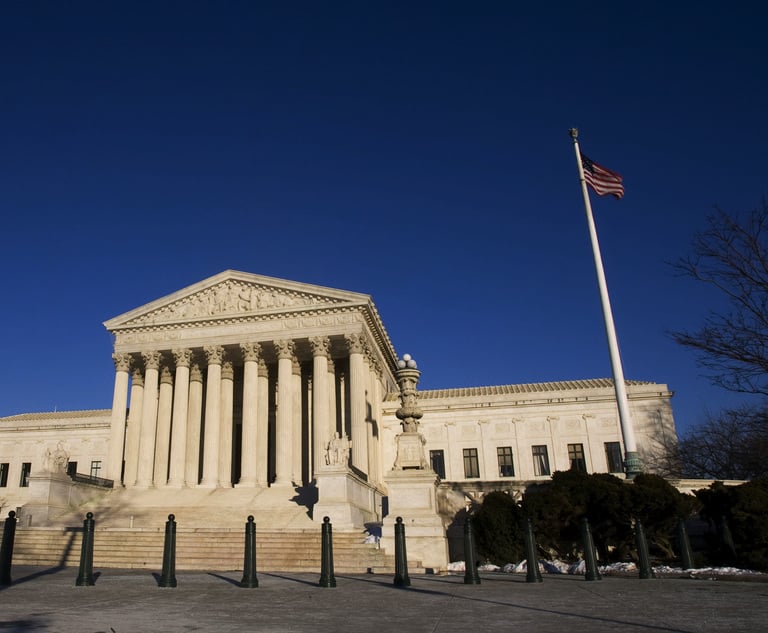In the decades since 9/11 and the War on Terror, congressional foreign affairs powers have slowly waned in the face of an ascendant executive. So too have judicial checks been replaced by a jurisprudence of judicial deference to the executive in the realm of foreign affairs. Recent events, however, may indicate a growing appetite for change to this equilibrium. Mutond v. Lewis offers the Supreme Court another opportunity to reexamine the allocation of authority within the system, if the justices grant certiorari.
In 2016, Darryl Lewis, a Georgia resident and military veteran, was working in the Democratic Republic of Congo as an “unarmed security advisor” to DRC presidential candidate Moise Katumbi. While traveling with a colleague, Lewis was detained and accused of being an American mercenary sent to assassinate DRC President Joseph Kabila. According to the complaint, for the ensuing six weeks, Lewis remained in custody and was subjected to daily interrogations and harsh treatment at the hands of authorities. Upon his release, Lewis filed suit in federal court against the DRC’s sitting Minister of Justice and the General Director of the National Intelligence Agency as individuals, alleging liability under the Torture Victim Protection Act of 1991. The defendants moved to dismiss the suit asserting, among other defenses, official immunity.


 Bo Rutledge and Miles Porter (Courtesy photos)
Bo Rutledge and Miles Porter (Courtesy photos)




